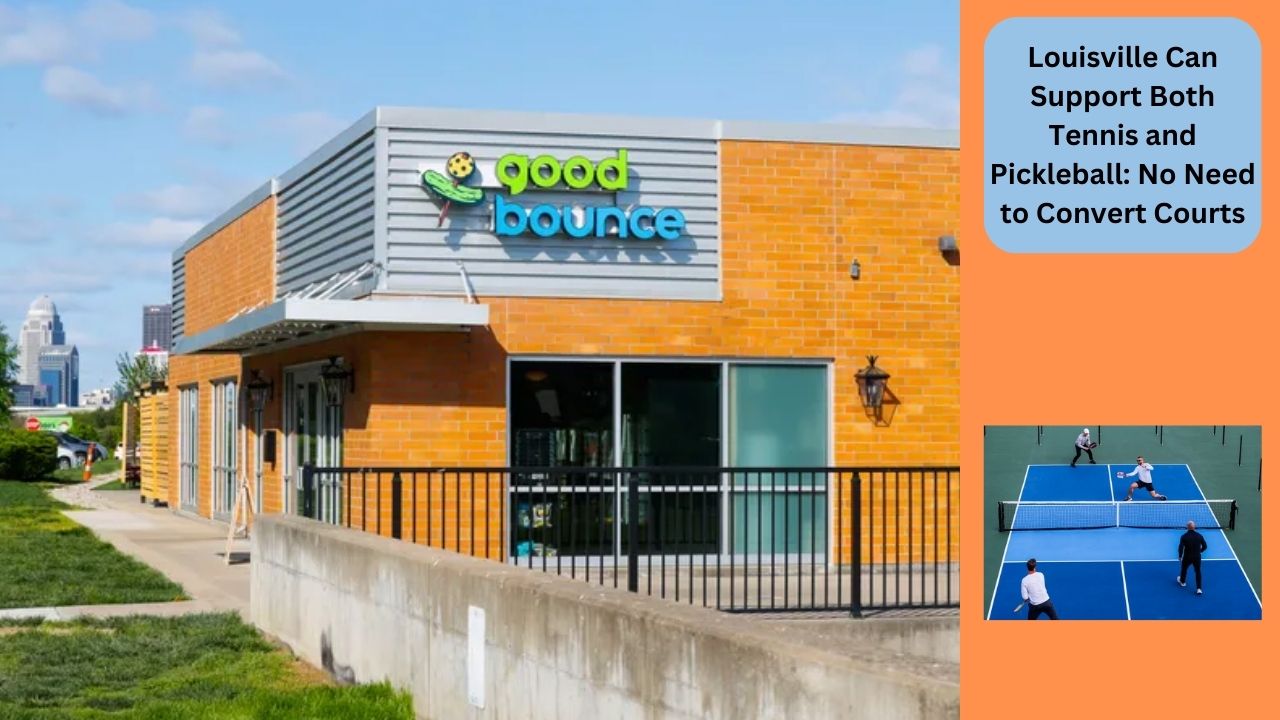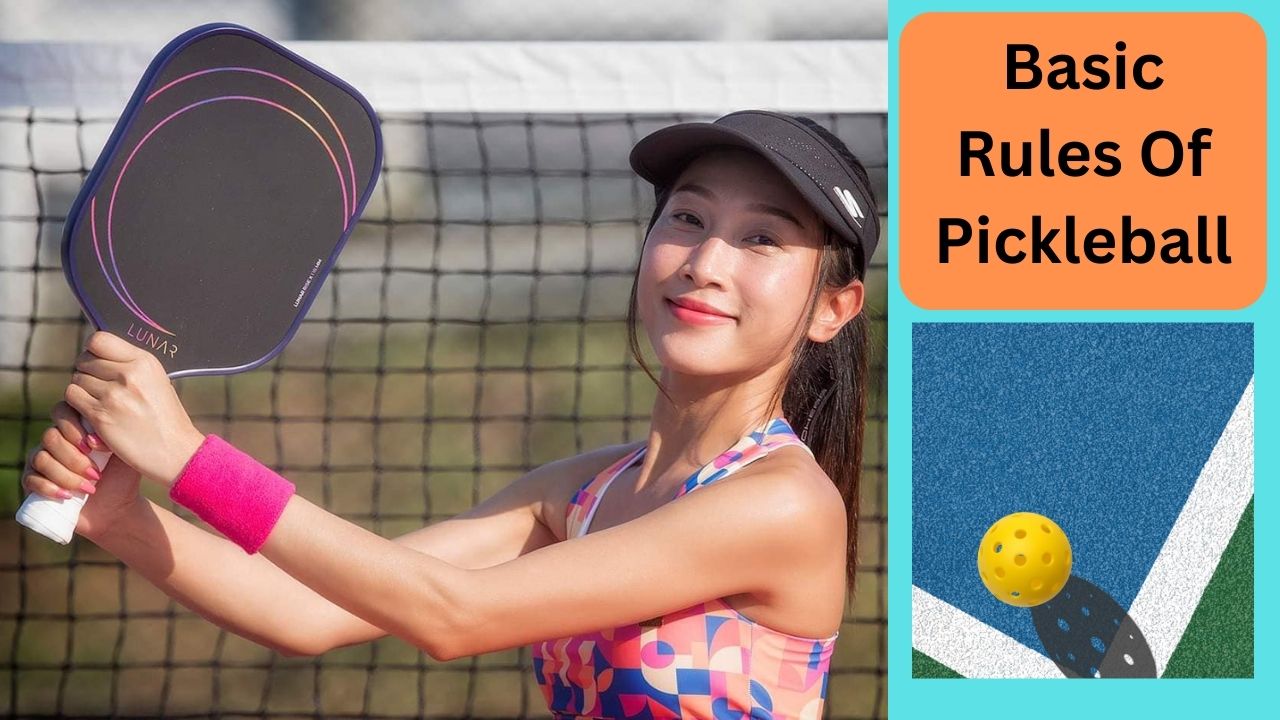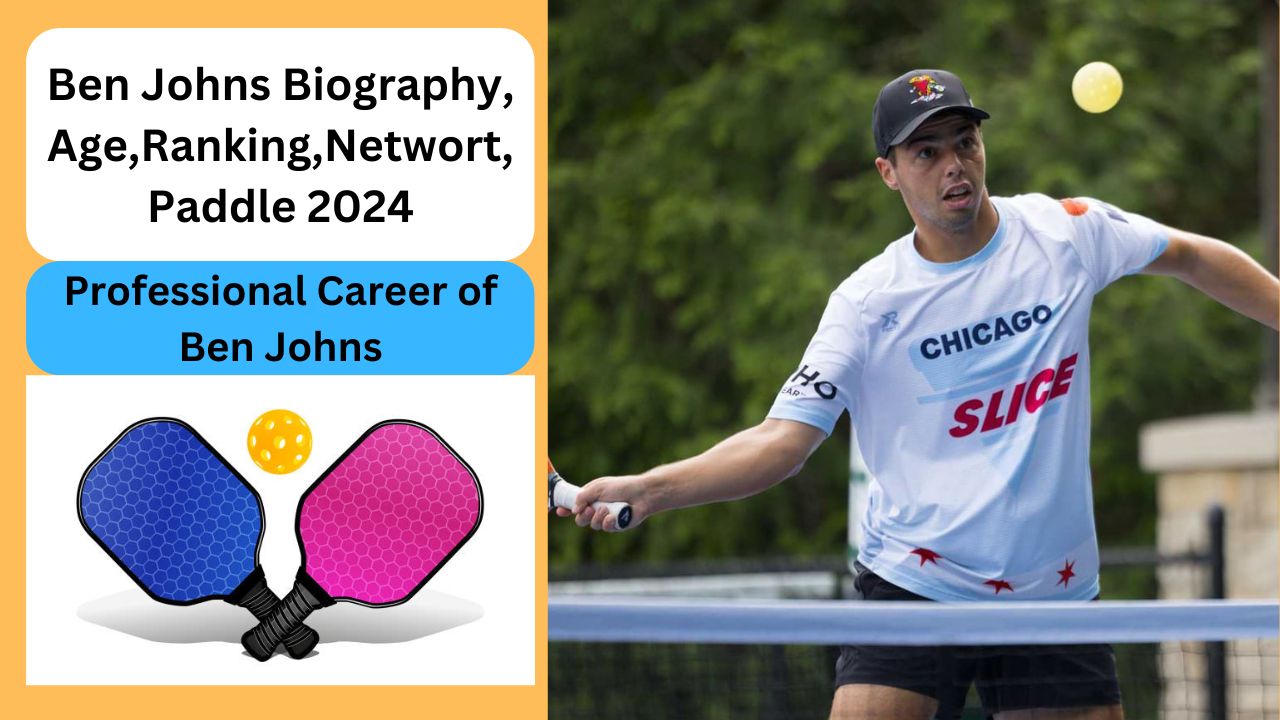As a dedicated tennis player in Louisville, I feel compelled to address a troubling trend: the conversion of tennis courts into pickleball courts.
While this change may seem like a response to a growing trend, it risks negatively impacting our community by limiting access to diverse sports and inefficiently using our public spaces.
Tennis has long been a cornerstone of recreational life in Louisville. It not only promotes physical fitness but also fosters social connections among players of all ages.
Personally, I rekindled my passion for tennis through a social league, which has provided me with enduring friendships. These bonds might not have formed without the availability of public tennis courts.
Tennis is deeply rooted in our community, with courts available in public parks and clubs throughout the city. Converting these spaces to pickleball courts could marginalize a significant number of tennis players and erode a key aspect of our local culture.
While the popularity of pickleball is undeniable, it brings with it some challenges, particularly noise.
The sport generates considerable noise from the hard paddles and plastic balls, which can reach up to 70 decibels, surpassing what is generally considered comfortable in community settings.
This has led to numerous noise complaints in urban areas nationwide. In a survey I conducted among 50 tennis players, 39 reported that pickleball noise disrupted their games.
Furthermore, it’s important to recognize the substantial investments already made in tennis infrastructure.
Tennis courts are designed for durability and performance, requiring significant resources for construction and maintenance.
Repurposing these courts for pickleball undermines these investments and could lead to additional costs if future trends dictate another shift. It’s not financially sustainable to continuously modify sports facilities based on changing trends.
Louisville has the capacity to accommodate both sports without sacrificing one for the other. Instead of converting existing tennis courts, we should consider building new facilities specifically for pickleball or repurposing undeveloped areas.
This approach would preserve our investment in tennis while embracing the growing enthusiasm for pickleball.
To make informed decisions, it’s essential to involve the entire community.
| Topic | Details |
|---|---|
| Concern | Conversion of tennis courts into pickleball courts |
| Impact on Community | – Limits access to diverse sports , Inefficient use of public spaces |
| Importance of Tennis | – Integral part of Louisville’s recreational scene , Supports physical health and social bonds , Deep-rooted in the community, played in public parks and clubs |
| Personal Experience | – Rediscovered love for tennis through a social league , Formed cherished friendships through tennis |
| Pickleball Popularity | – Increasing popularity , Generates significant noise (up to 70 decibels) |
| Noise Concerns | – Disturbs local neighborhoods and tennis players , 39 out of 50 surveyed tennis players reported pickleball noise disruption |
| Investment in Tennis Courts | – Significant resources spent on construction and maintenance , Converting courts undermines these investments , Frequent modifications not financially sustainable |
| Proposed Solution | – Develop new facilities for pickleball , Identify and repurpose undeveloped spaces |
| Community Engagement | – Conduct public meetings and surveys , Gather diverse perspectives to make informed decisions |
| Long-term Recommendation | – Preserve tennis courts, Accommodate both sports without sacrificing one for the other |
| Appeal to Leaders | – Consider long-term impacts of court conversions , Explore inclusive solutions |
| Vision for Louisville | – Maintain vibrant hub for all sports enthusiasts ,Ensure the preservation of tennis |
Public meetings and comprehensive surveys should be conducted to gather diverse perspectives and ensure that decisions reflect the community’s true interests, rather than transient trends.
Louisville faces a critical decision on how to allocate its recreational spaces.
Let’s choose a path that honors our traditions while addressing future needs without compromising one sport for another.
I urge city planners and community leaders to consider the long-term consequences of converting tennis courts and to explore solutions that serve the best interests of all.
I look forward to our city continuing to thrive as a vibrant hub for all sports enthusiasts, particularly preserving the beloved sport of tennis.
Also Read : Padel Takes Center Court : The New Luxury Sport Dominating High-End Brands and Celebrity Circles



